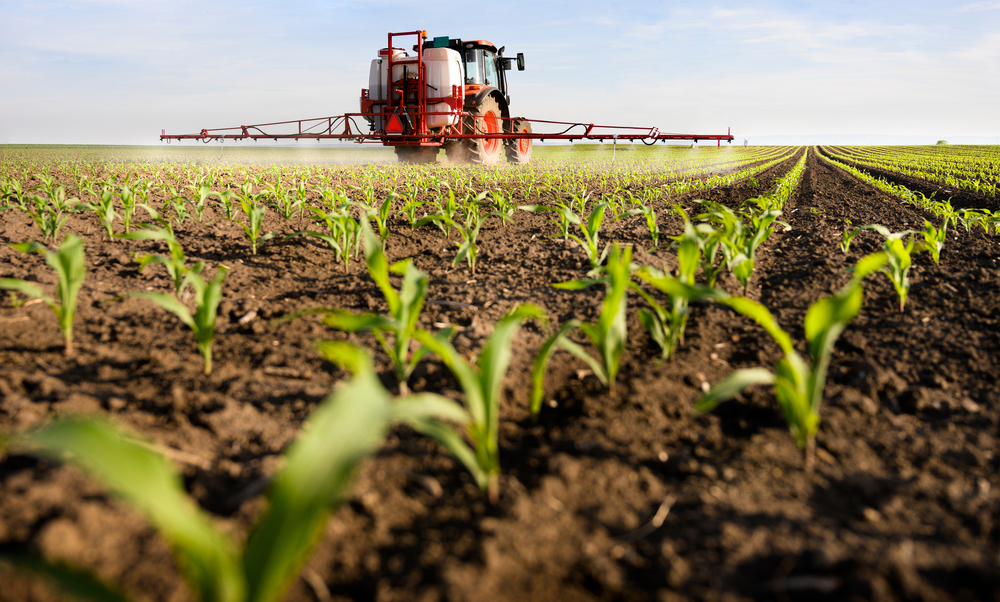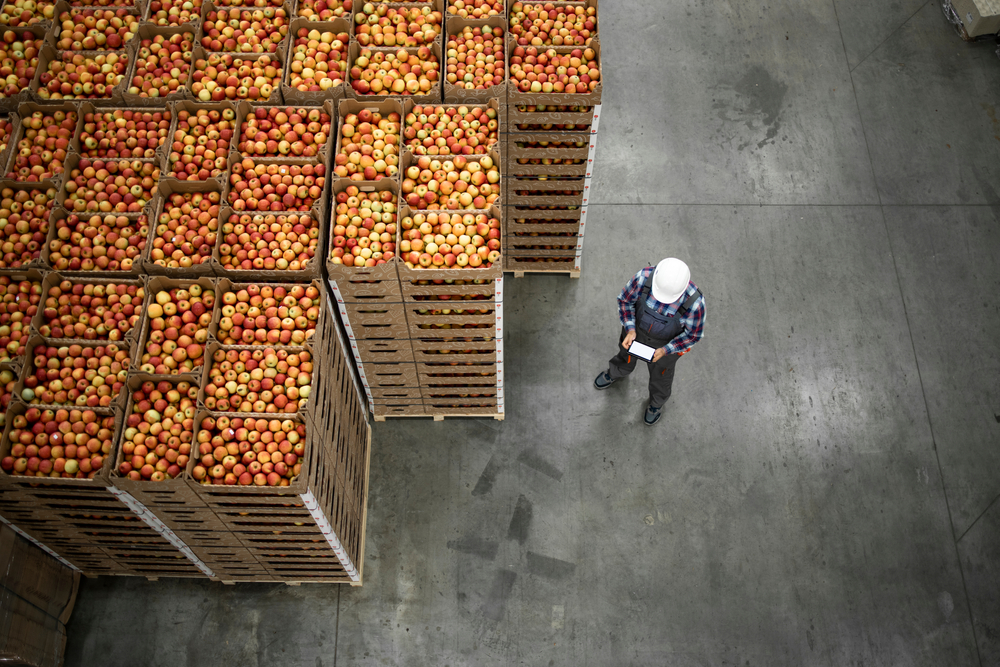Ensuring the safety and quality of your food products starts with selecting the right suppliers. As a food manufacturer, how you handle suppliers and contractors is critical to maintaining food safety standards, complying with food laws, and protecting your customers.
Failing to do so can severely impact your business and reputation. Here are essential safety points and control measures to consider when choosing food suppliers.
Choose reputable suppliers
Selecting reputable suppliers whom you can trust to supply and handle food safely is the first step. Reliable suppliers should be able to deliver on time and meet your quality standards consistently.
– Approval process: ensure all suppliers are approved before they begin supplying products or services. Non-approved suppliers should only be used with written authority from the Owner/Manager/Head Office, if applicable.
– Supplier agreement form: send a Supplier Agreement Form to potential suppliers. Depending on the risk associated with the products, issue either a High Risk or Low-Risk Supplier Approval Questionnaire.

Ensure safe handling of raw ingredients and packaging
It’s crucial to verify that your raw ingredients and food contact packaging have been handled safely to prevent contamination and ensure product quality.
– Approval questionnaires: depending on the risk level of the products, use High Risk or Low-Risk Supplier Approval Questionnaires to assess potential suppliers.
– Trial period: upon initial approval, suppliers should undergo a trial period to ensure they meet your delivery and quality requirements. During this period, record details of conformance and non-conformance.
Monitor supplier performance
Regularly reviewing and monitoring suppliers ensures ongoing compliance with your standards.
– Delivery times: ensure suppliers consistently meet agreed-upon delivery times.
– Quantities and quality: verify that the quantities ordered are accurately delivered and that the quality of goods meets your high standards.
– Contamination and pest infestation: inspect goods to ensure they are not contaminated or pest-infested.
– Shelf life: check that goods have at least 90% of their shelf life remaining.
– Customer complaints: monitor customer complaints related to products supplied by each supplier to identify recurring issues.

Choose contractors carefully
Services such as pest control are vital in maintaining food safety. It’s important to select contractors who are reliable and effective.
– Approval and monitoring: use the same approval and monitoring procedures for contractors as you do for suppliers. Ensure they meet your standards and deliver services effectively.
Corrective actions for supplier issues
If you encounter problems with a supplier, take immediate action to address the issue and ensure continued food safety.
1. Verify supplier legitimacy: if contacted by an unknown food supplier, check with your local authority to verify their registration and reputation.
2. Reject unsafe deliveries: If you suspect that delivered food has not been handled safely (e.g., not kept cold enough), reject the delivery, contact the supplier immediately, and record the details.
3. Handle repeated problems: for repeated issues, consider these steps:
– Contact the supplier or contractor by phone.
– Write a formal letter of complaint.
– Change the supplier or contractor if problems persist.
– Contact your local authority for further guidance.
Choosing the right food suppliers and contractors is crucial for maintaining food safety and protecting your customers.
By following these guidelines and implementing robust control measures, you can ensure that your suppliers and contractors meet your high standards, helping you deliver safe and high-quality food products consistently.
For more detailed guidance and compliance support, visit Complete Food Safety.

